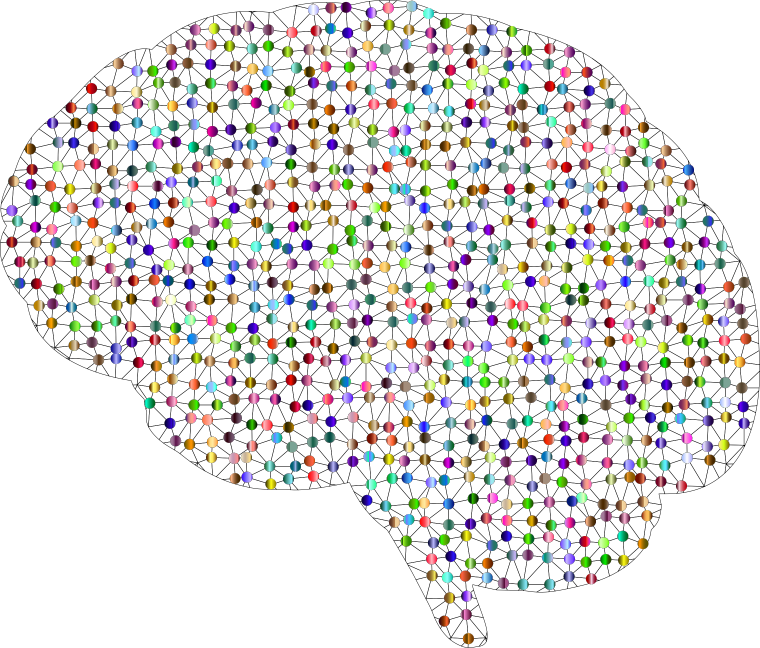Have you ever felt that Facebook or YouTube is reading your mind by giving you ads about things you've been thinking about? While it may feel that they are reading your mind, there are actually different tactics at play there which I won't get into here. But that begs the question, could we invent some sort of technology that can read your thoughts? Some researchers at the University of California, San Francisco believe they can.
Some epileptic subjects that already had electrodes implanted in their brains to monitor their seizures were used to train an artificial intelligence to read their brainwaves associated with speech and predict what they were saying. The subjects read some predetermined sentences out loud and the AI learned what words triggered what brainwaves.

After the neural network was trained on these sentences, the subjects merely spoke the sentences aloud and the AI was able to translate the brainwaves into whole sentences with less than 3 percent error. However, when the AI was told to translate one word at a time, the error rose greatly to 38 percent. This means that the AI is good at recognizing the patterns of words from the sentences it was trained on, but it is not as good at recognizing the pattern of each individual word spoken.

At the moment this technology is very limited. It requires a wired connection directly to a person's brain, and even then it is not very accurate even with only 250 words to look for. The researchers believe they will be able to increase the effectiveness of this technology with time. And there is a genuine use for this technology. There are people in the world that have had their entire bodies paralyzed, but they remain conscious. With this technology, a program will be able to read their thoughts and dictate them to the people around them. Thus allowing them to communicate with the world. But for now it is limited and we don't need to worry about people reading our minds.

-Kody Mitchell
keywords: AI, artificial intelligence, brainwaves, brain, HCI, human-computer interaction, neural network, machine learning, brain-computer interface, BCI


Comment